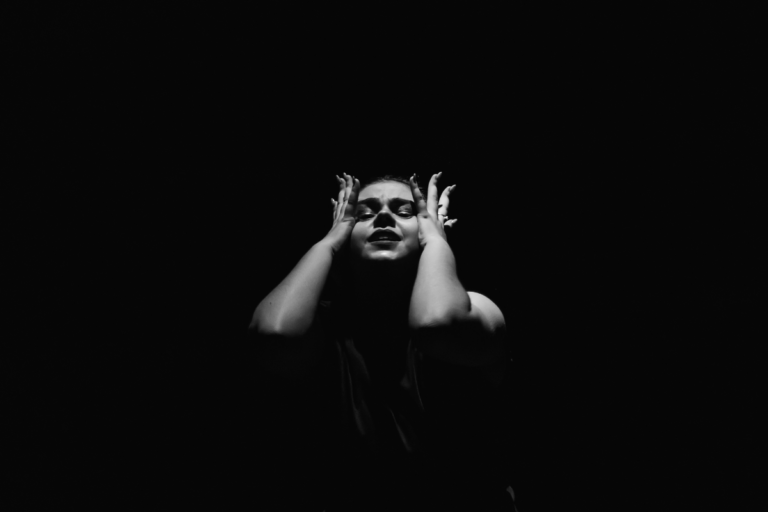
Obsessive-Compulsive Disorder (OCD) and depression are two distinct mental health conditions, each with its own set of challenges. However, they often can overlap, affecting many people simultaneously. If you are managing both OCD and depression, understanding why these conditions often co-occur and finding effective coping strategies can be a powerful first step toward navigating day-to-day challenges.
What is Obsessive-Compulsive Disorder (OCD)?
OCD is a mental health condition characterized by recurring, unwanted thoughts (obsessions) and repetitive behaviors (compulsions). People with OCD often feel compelled to perform certain actions or rituals to alleviate anxiety related to these intrusive thoughts. Common obsessions may include fears of contamination, causing harm, or having things “just right,” while compulsions might involve excessive cleaning, checking, or counting. OCD can be highly disruptive, as these thoughts and actions can take up significant time and interfere with daily activities.

What is Depression?
Depression is a mood disorder marked by persistent feelings of sadness, hopelessness, and a lack of interest in previously enjoyable activities. Beyond emotional symptoms, depression often brings physical effects, such as changes in appetite, fatigue, and difficulties with concentration or sleep. Episodes of depression can last weeks or even years and range from mild to severe. While feelings of sadness are common, major depressive disorder (MDD) is a prolonged and intense form of depression that goes beyond typical “blue” days, significantly impacting the ability to function.
Why OCD and Depression Co-Occur
OCD and depression may seem unrelated at first glance, but they frequently affect the same individuals. Research shows that more than 50% of those with OCD also experience depression, indicating a strong connection. One reason may be the emotional burden OCD places on individuals. Constant intrusive thoughts and compulsions often lead to feelings of frustration and isolation, which can evolve into depression. Additionally, both conditions are linked to low serotonin levels, suggesting a biological link.
It’s common for individuals to experience both OCD and depression simultaneously. When OCD and depression occur together, they can create a cycle that intensifies symptoms for both conditions. For example, someone with OCD may feel frustrated or ashamed of their compulsions, which can lead to feelings of sadness and isolation, fueling depression. In turn, depression can decrease energy and motivation, making it harder for the individual to resist compulsive behaviors, which can worsen OCD symptoms.
This combination can feel overwhelming, as OCD-related distress and depression-related sadness reinforce each other, leading to a challenging cycle. This cycle can feel difficult to break, but with support and the right tools, it’s possible to find relief.
Treatment Options For OCD and Depression
1. Cognitive Behavioral Therapy (CBT)

Cognitive Behavioral Therapy, particularly a type known as Exposure and Response Prevention (ERP), is among the most effective treatments for OCD. ERP helps individuals face their obsessive thoughts without performing compulsions, which can reduce the frequency and severity of OCD symptoms. When adapted to treat co-occurring depression, CBT also challenges depressive thought patterns, making it a versatile option for both conditions.
2. Medication
SSRIs are commonly prescribed for both OCD and depression because they influence serotonin levels, which are often low in individuals with these conditions. Studies show that a combination of SSRIs and CBT can improve outcomes, making medication a valuable tool in treating both disorders.
3. Transcranial Magnetic Stimulation (TMS)
For individuals with treatment-resistant OCD and depression, Transcranial Magnetic Stimulation (TMS) can be a promising alternative. TMS is a non-invasive therapy that uses magnetic pulses to stimulate specific areas of the brain involved in mood and compulsive behaviors. Research has found that TMS has shown success in reducing symptoms for people who haven’t responded to traditional therapies.
Final Thoughts
Living with both OCD and depression can be a complex and challenging experience. Understanding the link between these conditions is a vital step toward managing them. Although OCD and depression can create a cycle that intensifies symptoms, effective treatments are available. Cognitive Behavioral Therapy (CBT), medications like SSRIs, and even Transcranial Magnetic Stimulation (TMS) have shown promise for those managing both disorders. By exploring treatments like CBT, TMS, and supportive medications, alongside implementing personal coping mechanisms, individuals can work toward relief and improved quality of life.
Responsibly edited by AI
Other Blog Posts in
Animo Sano Psychiatry is open for patients in North Carolina, Georgia and Tennessee. If you’d like to schedule an appointment, please contact us.
Get Access to Behavioral Health Care
Let’s take your first step towards. Press the button to get started. We’ll be back to you as soon as possible.ecovery, together.




